Giulio Maspero
L’interazione tra Cristologia e dottrina trinitaria prima e dopo Nicea
Eastern Theological Journal 9 (2023) 2, 157-180
Content
1. Introduzione: la significativià di un rapporto; 2. Origene e la relazione; 3. La tensione in Eusebio; 4. La novità ontologica nei Cappadoci; 5. Conclusioni: l’utilità di un confronto
ABSTRACT
The approaching anniversary of the First Council of Nicaea suggests the opportunity to try new approaches to the study of this fundamental moment in the history of the Church and theology. In particular, instead of approaching such a study from a Trinitarian perspective alone, it is worth comparing the Christological issues before and after the council itself, particularly in the thought of Origen and the Cappadocians. From such a perspective, it emerges how Eusebius’ mediation makes it possible to read the Arian crisis as the detonation of a tension, already inherent in the great Alexandrian’s thought, between God’s being and God’s action when they are considered from a relational perspective. The Cappadocians succeeded in dissolving this tension by modifying Greek metaphysics, in particular by inserting relationality into the immanence of the one divine substance. This suggests the impossibility of separating Trinitarian doctrine and Christology in historical-dogmatic reflection, because this seems the only way to fully grasp the novelty introduced by the Council of Nicaea and its relevance also for contemporary times.
